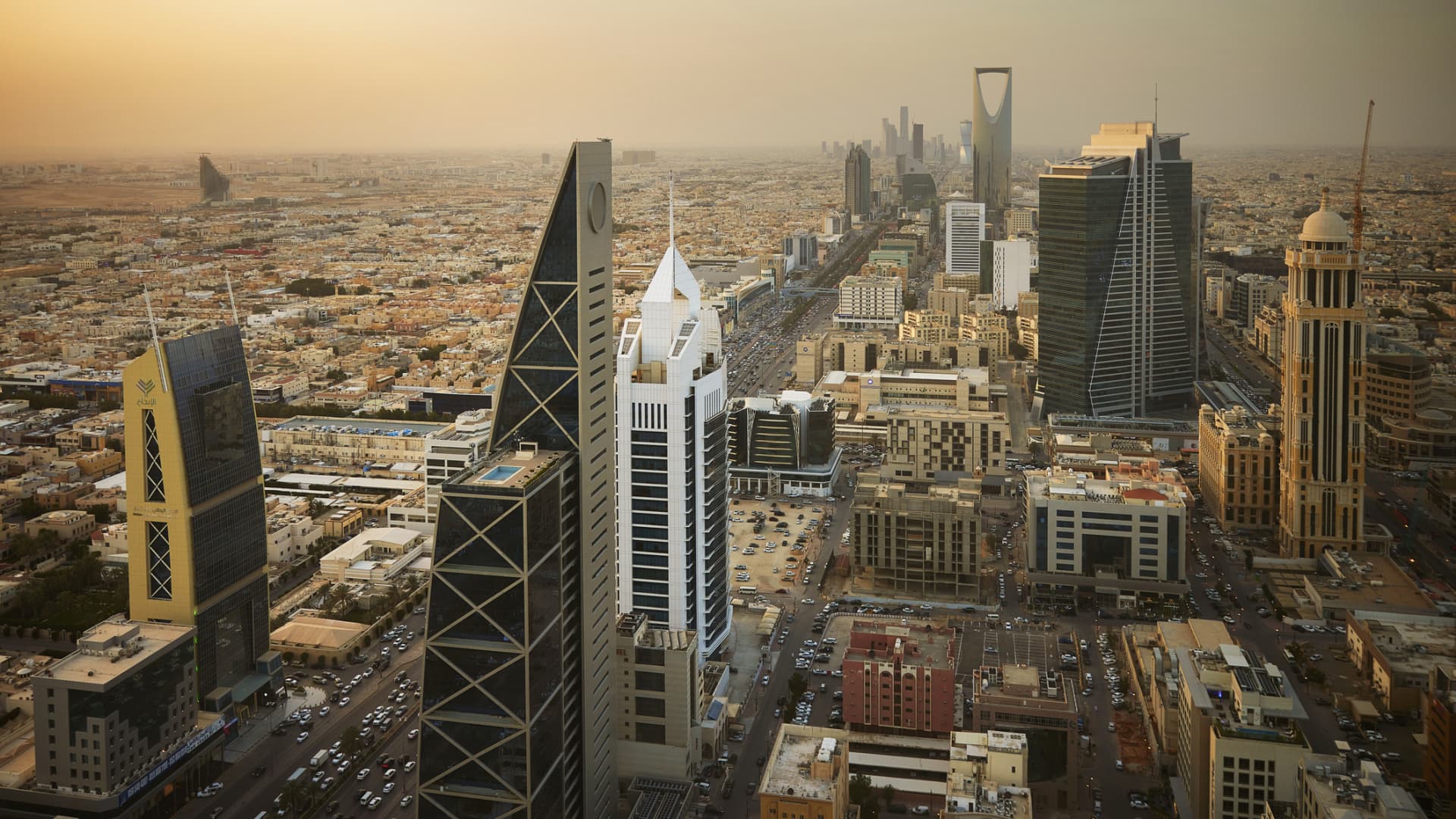Since the launch of Saudi Arabia’s Vision 2030 programs in 2016, the Kingdom has sought to expand its economy by attracting foreign investment and fostering the private sector. In 2021, Crown Prince and Prime Minister Mohammed bin Salman unveiled the National Investment Strategy, positioning it as a central pillar for achieving Vision 2030 targets.
The strategy is designed to fuel economic growth and diversification. Among its goals are raising the private sector’s contribution to GDP to 65 percent, boosting foreign direct investment (FDI) to 5.7 percent of GDP, and increasing non-oil exports from 16 to 50 percent of non-oil GDP.
Since its rollout, the strategy has delivered record results. In 2024, FDI inflows reached SAR 119 billion ($31.7 billion), surpassing annual targets for the fourth year in a row. Average annual FDI growth stood at 23 percent between 2017 and 2024, while inflows quadrupled over the same period – from SAR 28.1 billion in 2017 to SAR 119 billion last year. Experts credit these figures to reforms and incentives that have turned the Kingdom into a global investment hub.
A Competitive Environment
Economists highlight a series of pro-investor measures, including updated legislation and residency schemes. One major reform is the Investor Business Residency, which offers benefits such as exemption from expat levies, the right to own and operate businesses under the investment law, and property ownership. The Council of Ministers also approved a new investment law last year, a cornerstone of the national strategy.
Dr. Salem Baajaja, professor of economics at King Abdulaziz University,said that the reforms underline the government’s commitment to creating a secure and supportive investment environment. He added that the Ministry of Investment plays an active role in guiding investors by providing advisory services, connecting them with partners, and identifying opportunities across diverse sectors.
Saudi participation in international forums under the Invest in Saudi banner has also helped showcase the Kingdom’s opportunities to global corporations, contributing to sustained FDI growth.
Marketing Opportunities
Economic analyst Ahmed Al-Shehri noted that the strategy has simplified market entry for foreign investors by aligning regulations and policies with international standards. Since 2021, the government has implemented more than 800 economic reforms, ranging from regulatory updates to administrative streamlining, which he said has “reshaped the investment landscape.”
Al-Shehri praised the establishment of a dedicated investment promotion authority as a “game-changer,” enabling Saudi Arabia to actively market opportunities across all sectors, from energy and logistics to technology and tourism. The move, he argued, underscores the Kingdom’s intent to cement its position as a premier global destination.
The National Investment Strategy sets ambitious long-term goals: to raise net annual FDI inflows to SAR 388 billion ($106 billion) and domestic investment to SAR 1.7 trillion ($453 billion) by 2030. Achieving these targets would lift total investment to 30 percent of GDP – up from 22 percent in 2019 – helping propel Saudi Arabia into the ranks of the world’s 15 largest economies.
To meet these ambitions, the strategy emphasizes improving the investment climate, enhancing competitiveness, and introducing corrective measures in regulatory and legislative frameworks. It also prioritizes packaging and marketing opportunities to investors, providing incentives for high-value projects, attracting regional headquarters of global firms, and supporting Saudi companies in scaling internationally.
The approach complements other Vision 2030 initiatives, including the Public Investment Fund program, the National Industrial Development and Logistics Program, the Privatization Program, the Financial Sector Development Program, and the Quality of Life Program.
Analysts argue that with its sweeping reforms, proactive marketing, and strong political backing, the National Investment Strategy has positioned Saudi Arabia as a magnet for global capital.




